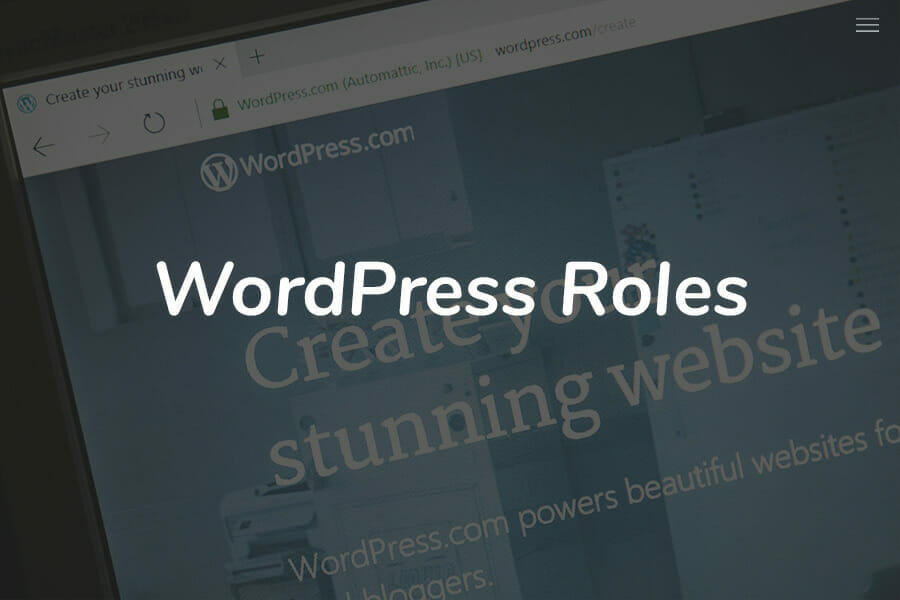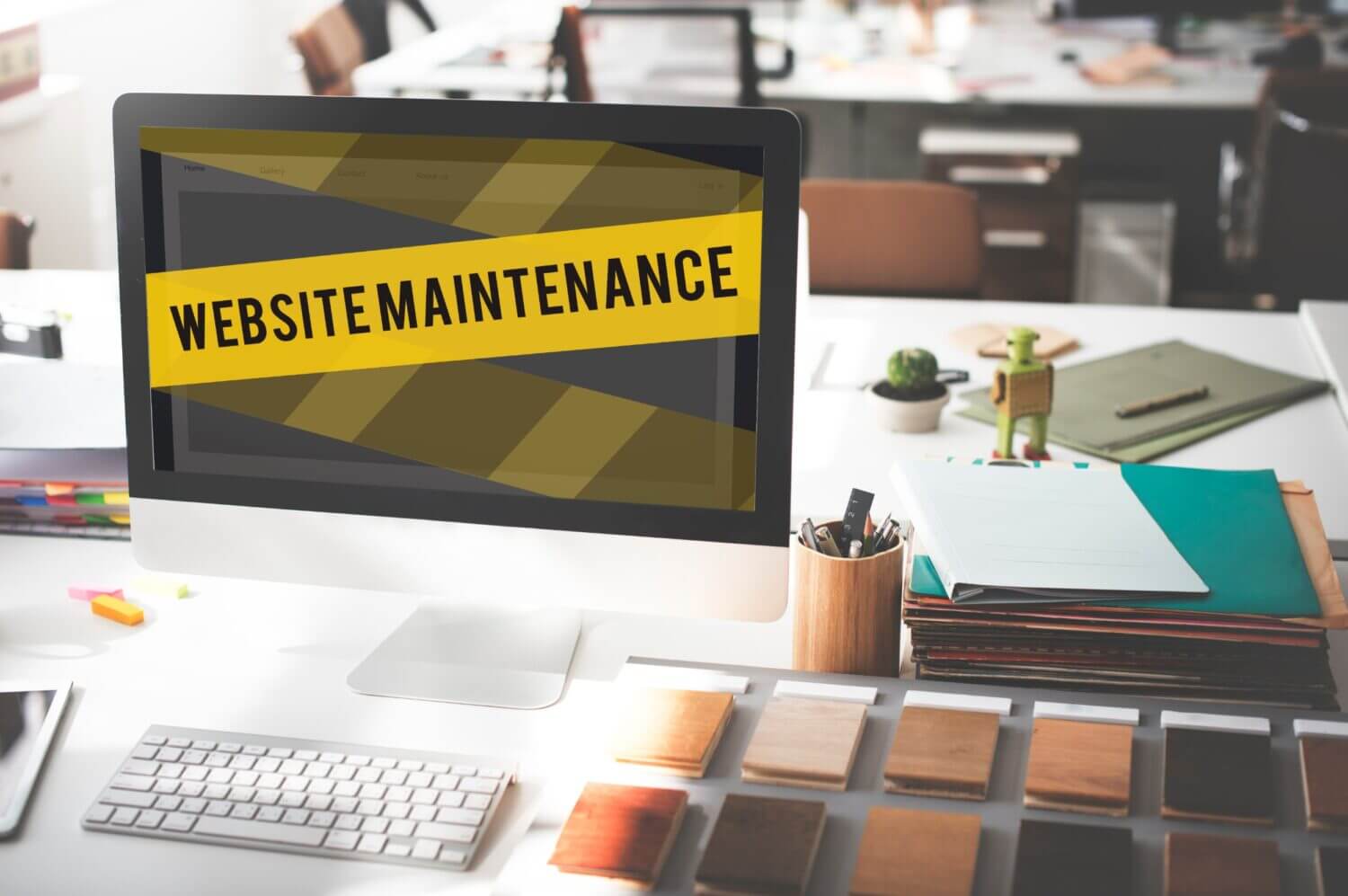If you run a business, online or other, chances are you have a few team members. Did you know that you can assign different roles to different team members on WordPress?
This is super handy because the majority of companies have people who specialize in one or other area and being able to assign them various roles accordingly means a more efficient and streamlined process taking place.
In this particular article we will look at the different roles and how they may pertain to your business.
Let’s have a look…
WHAT ARE USER ROLES AND HOW ARE THEY USED?
As the name would suggest User Roles basically govern what actions a user can and cannot perform on your website. This is especially beneficial when you want to make sure that the right people are performing the right tasks and activities within your business.
Everyone specializes in something, so it makes sense to assign the right roles to the right people.
So what are the roles?
There are 6 default user roles, let’s take a deeper look at these.
SUPER ADMINISTRATOR – A Super Administrator role only exists when the WordPress Multisite feature is enabled. As the title may allude to, this role oversees all other administrators and multisite use and functionality. When this particular role is enabled, the regular site administrators features or privileges become reduced whereby they may not install themes and plugins but can activate and deactivate them.
ADMINISTRATOR – Administrators have a fairly big role to play on your website in that they oversee a lot of the site functionality and can also assign other roles to other users as needed. They have the additional “power” to create, delete, review and publish content as well as manage plug ins and even have the authority to edit code.
EDITOR – Editors would generally have access to all of your site’s content and attributes and would be able to make changes accordingly and in alignment with your business needs. They have the authority to edit, publish and delete their own content as well as that of other authors on the site. This role usually supervises and authors and contributors to the website.
AUTHOR – An author on a site only has access and control over their own posts. They cannot edit, remove or publish anyone other contributors posts, only their own. This role is probably the one of the most limited.
CONTRIBUTOR – A contributor on a site is very similar to an author except that they cannot publish their own posts. They can create and edit their posts and profile, but do not have the authority to publish. In this instance and administrator would do the publishing once review has taken place.
SUBSCRIBER – This role is the most limited of them all. This role is only allowed to read posts and manage their own particular profile. In essence any visitor to your site can read posts but you can encourage someone to subscribe by enticing them with content that would be “for your eyes only” type of content.
So as you can see these roles all have similar attributes but do differ slightly in what they can actually do on your site. How you delegate these roles will really depend on your business and your team members strengths.
Now, before you can assign roles there are a few technical things that need to happen.
GETTING STARTED WITH ROLE ASSIGNMENT
Add users from your WordPress dashboard and then you can look at adding code to your functions file, this is to fully define the user roles. This will be done manually.
Next you will want to look at a User Role Plugin. Something like Capability Manager Enhanced is good to look at.
Once you get through these you are good to go.
Something you should also take note of is that the easiest ways to assign roles is to use plugins, limit the number of users that have privileges (because things can go side ways and also it becomes complicated trying to keep track of everyone) and lastly remove any suspicious users. You want to be very picky over who has access to your site for obvious reasons, among them being hackers.
AND THAT’S A WRAP…
Having certain users performing certain roles on your website can be very beneficial as it means the job gets done, the website is kept in tip top shape and is therefore performing optimally. But make sure you take your time when assigning the roles, you do not want to end up with people having access to your website who could cause it, and you, harm.
Thanks for reading. Get in touch with our wonderful specialists at Creative Ground if you would like to get any further insight into this and more.






